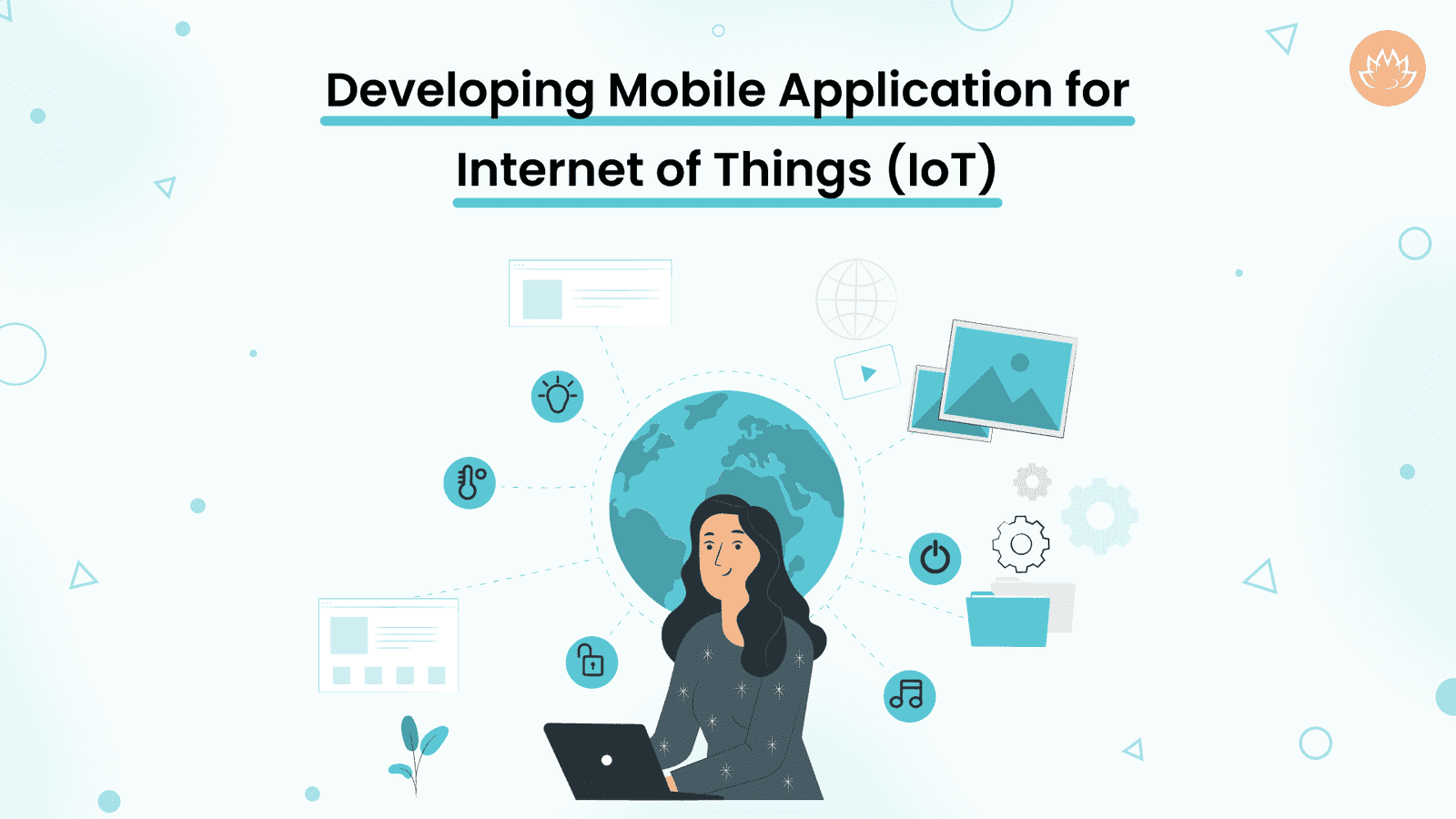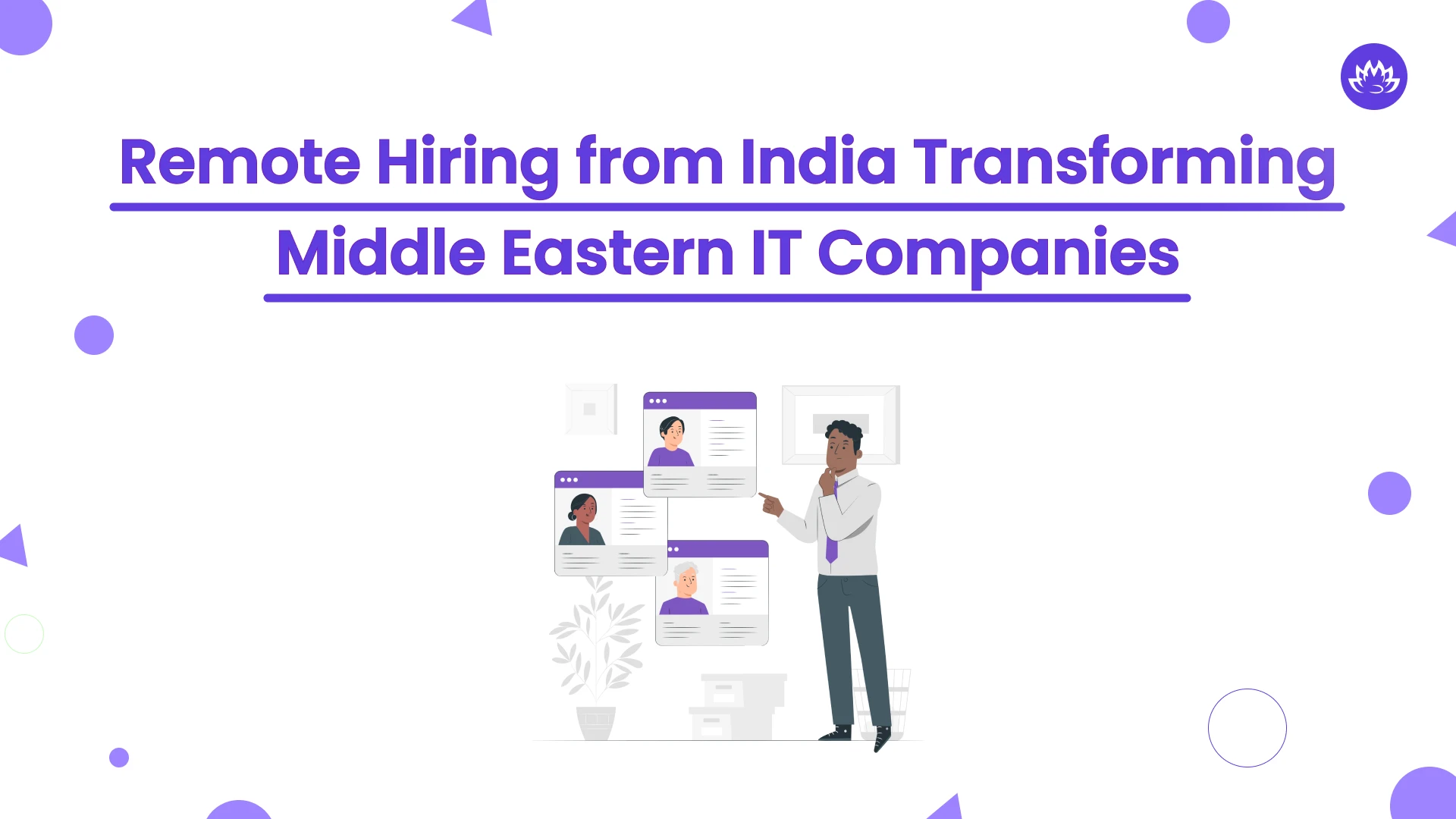In our increasingly connected world, the Internet of Things (IoT) has emerged as a transformative technology that is reshaping how we interact with our surroundings. From smart homes to industrial automation, IoT devices have become ubiquitous, and mobile applications are playing a crucial role in harnessing the power of IoT. In this blog, we will explore the process of developing mobile applications for IoT and the key considerations that developers need to keep in mind.
Understanding IoT and Its Impact
IoT refers to the network of interconnected devices and sensors that collect and exchange data over the internet. These devices can range from household appliances like smart thermostats and refrigerators to industrial machines in factories. The data collected by IoT devices can provide valuable insights, automate tasks, enhance efficiency, and improve decision-making processes across various sectors.
Mobile applications have become an integral part of the IoT ecosystem. They act as a bridge between users and their IoT devices, offering a user-friendly interface to control, monitor, and analyze data generated by these devices. This bridge empowers users to interact with and benefit from IoT technologies seamlessly.
Key Considerations for Developing IoT Mobile Apps
1. Compatibility
Before diving into mobile app development, it’s essential to ensure compatibility with various IoT devices. IoT encompasses a wide range of devices, each with different communication protocols, data formats, and hardware capabilities. Developers must design apps that can communicate with a variety of devices, ensuring a seamless user experience.
2. Security
Security is a paramount concern in IoT applications. Since IoT devices often collect and transmit sensitive data, mobile apps must implement robust security measures. These include secure data transmission, user authentication, encryption, and regular software updates to protect against vulnerabilities and breaches.
3. User-Friendly Interface
The user interface (UI) and user experience (UX) design are crucial for IoT mobile apps. Users should be able to easily navigate and interact with the application, even if they have little technical knowledge. The interface should be intuitive, providing a smooth and enjoyable experience.
4. Data Management
Effective data management is a core aspect of IoT mobile apps. These applications need to handle a vast amount of data generated by IoT devices efficiently. Data storage, processing, and analysis must be optimized to provide real-time insights and quick responses to user requests.
5. Connectivity
IoT mobile apps must seamlessly connect to IoT devices. This involves managing different communication protocols such as Wi-Fi, Bluetooth, Zigbee, and cellular networks. A reliable and stable connection is essential for the smooth functioning of the IoT ecosystem
6. Real-Time Functionality
Many IoT applications require real-time functionality. For example, a home security system needs to send instant alerts in the event of a break-in. Developers need to ensure that their mobile apps can process and respond to data in real time to meet such requirements.
7. Scalability
IoT ecosystems can grow rapidly. Mobile apps must be designed to accommodate an increasing number of connected devices and users. Scalability is vital to ensure that the app can handle the growing demand without compromising performance.
8. Energy Efficiency
IoT mobile apps often run on battery-powered devices. Optimizing energy consumption is critical to extend the device’s battery life. Developers should consider low-power communication protocols and efficient data transmission to minimize energy consumption.
9. Cloud Integration
IoT mobile apps often rely on cloud services for data storage, analysis, and remote access. Integrating with cloud platforms can simplify app development and enhance scalability. However, security and data privacy considerations are crucial in this context.
10. Testing and Quality Assurance
Thorough testing is essential in IoT mobile app development. Developers should conduct extensive testing to ensure the app’s reliability, security, and compatibility with various IoT devices. Continuous testing and quality assurance are necessary to keep the app up-to-date and free from vulnerabilities.
Tools and Frameworks for IoT Mobile App Development
Developing mobile applications for IoT can be complex, but there are various tools and frameworks that can simplify the process. Here are a few popular options:
IoT Platforms: Platforms like AWS IoT, Google Cloud IoT, and Azure IoT provide comprehensive solutions for IoT development, including mobile app integration.
IoT Development Kits: Hardware development kits like Raspberry Pi and Arduino can be used for prototyping and testing IoT solutions.
Cross-Platform Development: Frameworks like React Native and Flutter allow developers to create apps for multiple platforms (iOS and Android) with a single codebase, saving time and resources.
IoT-Specific Development Frameworks: Some frameworks, like IoT.js and Node-RED, are designed specifically for IoT application development.
Conclusion
Author
-

Whitelotus Corporation is a creative digital software, web and top mobile application development company focused on building next generation disruptive digital products.
View all posts












